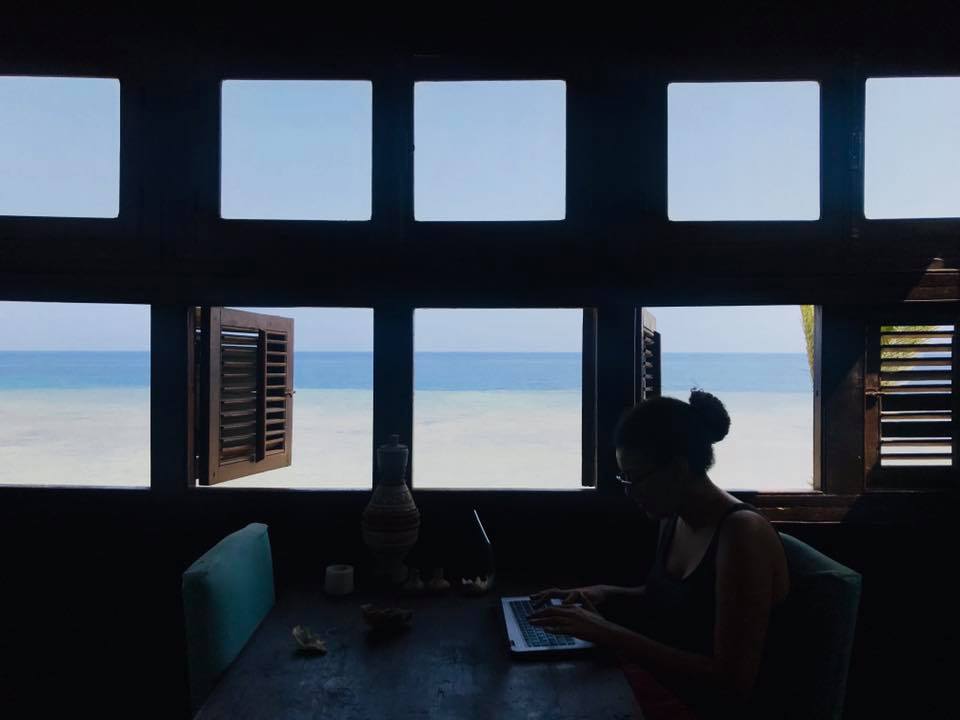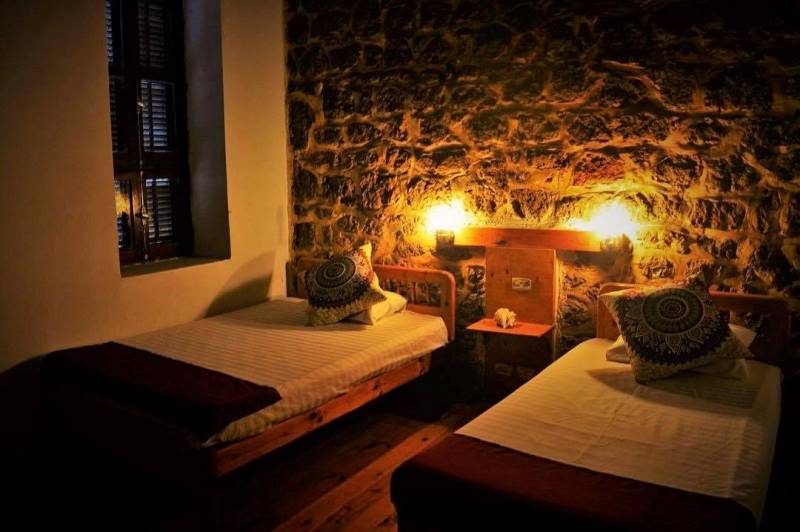The Red Sea town of Quseir isn’t your average beach getaway. Located 148 KM south of Hurghada and approximately 140 KM north of Marsa Alam, the small town is a relatively obscure destination on Egypt’s tourism map. Quseir is also a great hideaway for urbanites seeking some respite from the metropolis despite the less than convenient six-hour drive from Cairo.
Imbued with history, Quseir holds little known stories about the evolution of Egypt’s character throughout the years, its origins and the events that shaped it. It was there that the mighty Hatshepsut set out to discover the Land of Punt and that ancient Egyptians mined their gold.
Once considered a gathering point for Muslim pilgrims from Andalusia, the Maghreb and Egypt en route to Mecca, the city also holds special significance in Islamic history. In the 16th century, the city was under Ottoman rule, an occupation that was later immortalized with the Quseir Citadel. Commonly known as El Tabia (Arabic for rook, the chess piece), the citadel, which was later occupied by French and British invaders, is situated on the town’s coast and is considered one of the most important monuments in the Red Sea governorate.
Many occupiers have come and gone, but Quseir has outlasted them all and one of its modern landmarks is the Quseir Hotel. The charming little boutique hotel sits in the heart of Quseir as a testament to its resilience, overlooking the shore.
The rustic bed and breakfast was originally built in 1910 by local patriarch Hajj Tawfeeq to house his large family. The historic structure later fell into a state of disrepair, but in 2017, Cairene entrepreneur Fatma Zaki and Quseir native Moustafa Sebaq, one of the heir’s to the family’s estate, restored and renovated the building and repurposed it as boutique hotel.
Situated in downtown Quseir, the hotel’s location makes for easy access to some of the town’s best attractions, such as popular dive sites and historic monuments and antiquities. The prime location also serves one of the hotel’s main goals: to immerse its guests in local life.
To stay true to the hotel’s community-minded business model, the establishment organizes excursions and day trips to these local attractions, as well as nearby resort towns like Qena, Safaga, and Marsa Allam, home to the pristine Sharm El Luli, one of the world’s most beautiful beaches.
Every aspect of the hotel’s service, from the design concept, down to the cuisine, is carefully thought out and ethically sourced and the end product is clean and unassuming. The old wooden floors and stairs are squeaky, the walls are bare, the ceilings are high and the rooms are spacious—all marks of a bygone time.
The hotel’s breakfast, included with your stay, is equally unpretentious. Unlike other ‘rustic’ Red Sea inns you may have frequented in your salad days where breakfast is a tasteless, goopy edible mass, the daily meals offered by the hotel are brimming with local flavor. Their mish, a popular fermented cheese dish in Egypt, is by far the best we have ever had, subtly flavored and perfectly balanced with a creamy finish.
Another crowd-pleaser was their fava bean stew, an Egyptian breakfast staple cooked every morning and seasoned to perfection and served with freshly baked flatbread. Quseir hotel’s fava bean dish was exceptionally tasty with balanced flavors, as opposed to the traditional recipe, where the beans’ earthy notes overpower the seasoning.
Invariably, however, the Quseir Hotel’s kitchen’s creations are all made from sustainably and locally sourced ingredients from small business. This cuisine concept draws from the town’s overall diet culture, which favors wholesome foodstuffs, like freshly caught fish and traditional backed goods, to newfangled and elaborate food trends.
Apart from the hotel’s long range free wifi, your stay at the charming little bed and breakfast will be largely rustic and intimate. The hotel’s friendly staff is always around in shared communal spaces, ready to volunteer anecdotes and pleasantries about the town’s secret history. On our first night, we were greeted with a hot cup of tea and the tales of Egypt’s first President Mohamed Naguib’s undying love for the Red Sea. The next morning, over breakfast, we were treated to countless stories of Italian migrants who settled in Quseir in the 1910s to work in the phosphate mining industry. It is, after all, the Egyptian way: to comfort strangers and weary travelers with stories and tales from our glorious past.
Quseir’s warm all-year-round weather, coupled with the warmth of its people and the hotel’s homey atmosphere, make for a perfect winter destination. We found the overall experience conducive to creativity, like a writing retreat. There were times when we could feel the words pouring out of us in uninterrupted bursts of inspiration.
El Quseir Hotel’s mission goes beyond ‘experience’ tourism, which only contributes to the reification of human connection and a city’s hospitality culture. The hotel is a community hub that introduces out-of-towners to Quseir’s residents to enrich local life, not the other way around. This authenticity is why so many of the hotel’s guests are regular patrons.
* This article was originally published here




0 Comments